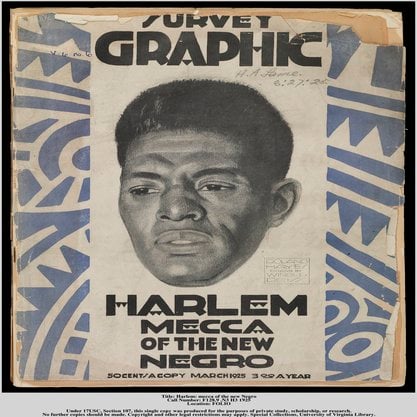Article
Brooker, Bertram (1888–1955) By Betts, G.
Article
Novelist, painter, and public intellectual, Bertram Brooker (1888–1955) was a leading force in the modernizing of Canadian culture in the early twentieth century. Brooker believed that the rapid advances in technology and commerce associated with modernity had fundamentally changed the nature of Western civilization. Consequently, artists, whom he believed to be the most sensitive to broad social modifications, had a moral, indeed spiritual, mandate to respond to these changes. Furthermore, it was his hope that artists, especially Canadian artists, could seize the opportunity of the great opening and speeding up of society to surpass the various binaries that structured the Western imagination (such as body/mind, good/evil) for something more holistically integrated. The spiritual nature of his thinking was influenced by the popular mysticism of the Theosophical Society, though he was not himself a member, and by the materialist mysticism of John Middleton Murry, P D. Ouspensky, and Richard Maurice Bucke, each of whom advanced an evolutionary model of human consciousness.

